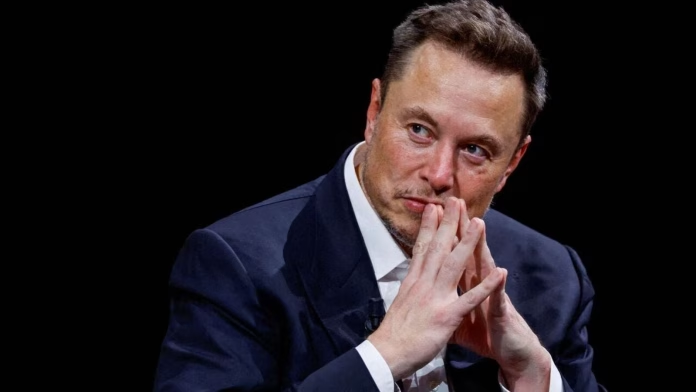November 24, 2024: India’s electoral system has drawn praise from none other than Tesla and SpaceX CEO Elon Musk, who contrasted its efficiency with the slower processes in parts of the United States, particularly California. Musk highlighted how India successfully counted 642 million votes from its Lok Sabha elections in just one day, in stark contrast to California, where vote tallying for the US presidential election remains incomplete weeks after polls closed.
In a post on X (formerly Twitter), Musk responded to a headline titled “How India Counted 640 Million Votes in a Day,” writing:
“India counted 640 million votes in 1 day. California is still counting votes.”
This comparison sheds light on the stark differences between India’s centralised election system and the decentralized nature of vote counting in the United States.
India’s Vote-Counting System: A Model of Efficiency
India’s Lok Sabha elections, held earlier this year, involved over 900 million eligible voters, with 642 million of them casting their votes. Despite the massive scale, results were declared within a single day of counting.
How did India achieve such efficiency?
- Electronic Voting Machines (EVMs):
EVMs, used nationwide since 2000, ensure rapid, accurate, and tamper-proof vote counting. - Voter Verifiable Paper Audit Trail (VVPAT):
Introduced for added transparency, VVPAT generates a paper trail for each vote, which can be manually verified if needed. - Simultaneous Counting Across 543 Constituencies:
Centralized oversight by the Election Commission of India (ECI) ensures that counting happens simultaneously under strict supervision, minimizing delays. - Pre-Counting of Postal Ballots:
Per Supreme Court guidelines, postal ballots are processed before the unsealing of EVM votes, speeding up the process.
Even during state elections, India has showcased its efficiency. For example, in recent Maharashtra and Jharkhand elections, nearly 90 million votes were counted within a few hours. Maharashtra, with a population four times that of California, delivered swift results without any major hiccups.
California’s Delayed Vote Counting: A Stark Contrast
In the United States, and particularly in California, vote counting often stretches across weeks. The delays stem from several factors:
- Mail-In Ballots:
Most votes in California are cast via mail, requiring labor-intensive steps like:- Signature verification on ballot envelopes.
- Sorting and opening ballots before tallying begins.
- Decentralised Oversight:
Unlike India’s centralized Election Commission, US elections are managed at the state and local levels. Each jurisdiction operates under its own laws, timelines, and resources, leading to inconsistencies and delays.
For the November 5 presidential election, California reported over 300,000 ballots still uncounted nearly 20 days after the polls closed. This has led to frustration among voters and analysts who criticize the lack of modernization in the US vote-counting system.
The Broader Implications
Elon Musk’s remarks underscore the need for more efficient electoral systems in the United States. While India’s centralized approach with technology-driven solutions offers a blueprint, adapting such methods to the US system would require significant structural reforms.
With Musk’s comparison sparking widespread discussion online, one thing is clear: nations worldwide can learn valuable lessons from India’s electoral processes to improve transparency and efficiency in future elections.
Suggested Tags:
India elections, Elon Musk, California elections, Lok Sabha 2024, voting systems, election efficiency, EVM, VVPAT, decentralised voting, global politics,



